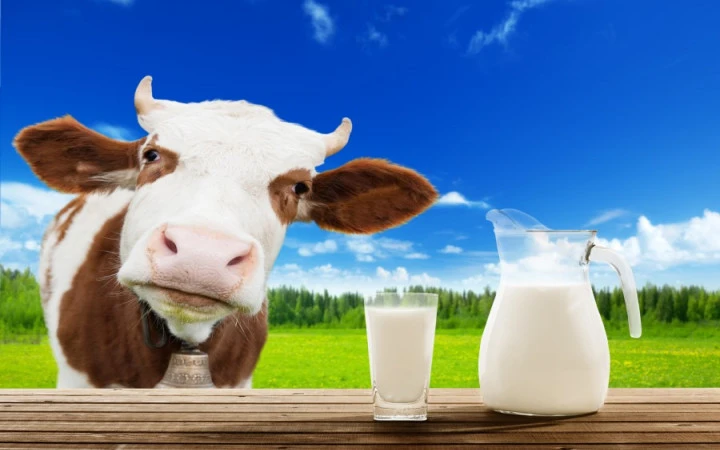Based on research by the International Livestock Research Institute (ILRI), the researchers found out that most of the milk in the market is probably highly contaminated.
After a collection of 50 percent milk samples from the counties of Nakuru, Laikipia, and Nyandarua, it was realized there were contamination levels. Posed as a huge risk since milk forms part of the staple food Kenyans consume daily, especially among children for breakfast.
According to ILRI, out of the 493 milk samples tested, 237 were contaminated with Pseudomonas spp while traces of Escherichia coli (E. coli) were in 207 samples.
E. Coli strains are known to cause respiratory illnesses, pneumonia, and urinary tract infections among other diseases, other than that Pseudomonas spp can cause infections in the blood, lungs (pneumonia), or other parts of the body.
Egerton University researcher, Professor Joseph Motofari during an interview urged the government to intervene with immediate action to end the poor handling of milk by the vendors that deem consumers at risk.
“To control the adulteration is to have the Dairy Board be more active in terms of quality control. If your milk is not handled keenly, it’s posing a huge risk to human health. Perhaps the dairy board needs more staff to ensure quality control of the commodity in the country,” Motofari said.
He added that this is a solemn matter as the World Health Organization (WHO) report stated that unsafe food containing bacteria, viruses, parasites, or chemical substances causes more than 200 diseases, ranging from diarrhea to cancer.
Urgency in dealing with the matter is called for due to the large consumer base of milk and its other by-products amongst the Citizens, with the Kenya National Bureau of Statistics (KNBS) data showing that milk production activities for Kenya’s marketed milk increased from 668.2 million liters in 2020 to 682.3 million liters in 2021.
Emphasizing that milk safety is dependent on microbiological, chemical, or physical measures and the micro-organisms are commonly found in the environment hence the need for care or pose a huge risk to human health.
About the Author
Kwabe Victor
Contributor
Multimedia Journalist. Aspiring documentary/Investigative journalist, currently immersed in writing Political, Business and Human Interest Stories. Speak Life.
















